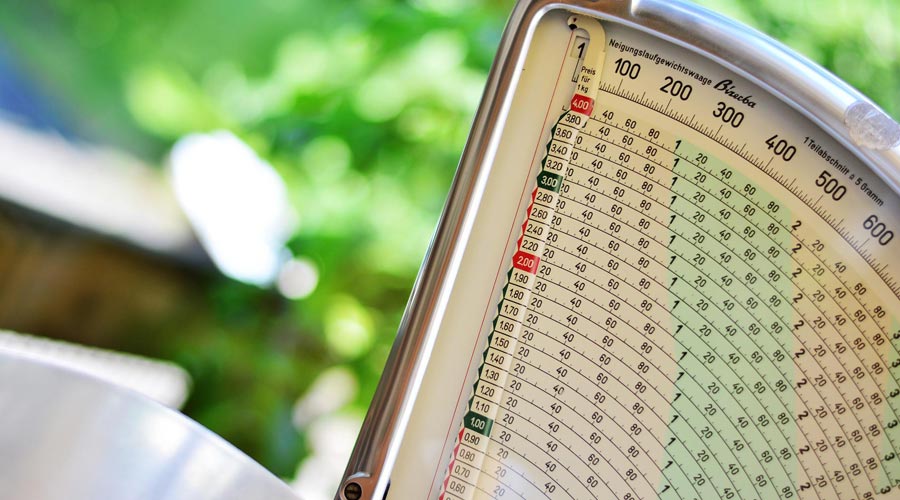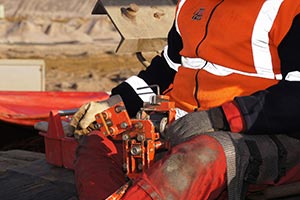What is
verification of non-automatic weighing instruments
The verification of non-automatic weighing instruments (scales) is established in the Order of 27 April 1999, which regulates the State metrological control of non-automatic weighing instruments, in the phases of verification, after repair or modification and periodic verification.
Our services


What is the deadline for periodic checks?
- Every 2 years
Which equipment must be verified?
Non-automatic scales or weighing instruments used to establish the mass of a body for the following purposes:
- Carrying out commercial transactions
- Calculation of fees, duties, taxes, premiums, fines, remunerations, indemnities and other similar types of fees
- Enforcement of rules or regulations, as well as carrying out judicial expertise
- Weighing of patients for control, diagnostic and medical treatment purposes
- Pharmaceutical preparation of medicines on request, as well as carrying out analyses carried out in medical and pharmaceutical laboratories
- Determination of the total price or amount in direct sales to the public and the preparation of pre-packages
Whether the result of the verification is positive or negative, the scale shall carry a sticker in a visible place declaring compliance with the established requirements or a label of ineligibility for service.
Apave is accredited by ENAC No. OC-I/271 to perform periodic verification and after repair or modification of weighing instruments or automatic in-service instruments in the following categories:
- Class I, 1 mg ≤ 200 g with n ≤ m ≤ 220000
- Class I, 200 g < m="" ≤="" 15="" kg="" with="" n="" />
- Class II, m ≤ 150 kg with n ≤ 100000
- Class III, m ≤ 300 kg at n ≤ 10000
- Class IIII, m ≤ 300 kg with n ≤ 1000
Discover our other
related services
Why choose Eurocontrol?

a team of experts at your disposal
of more than 1,400 people specialized in different technical disciplines.

Geographical coverage nationwide
with more than 30 offices and international presence in more than 50 countries through the Apave Group.

Complementary areas of activity
that allow our customers to combine safety and performance at all stages of their projects.




